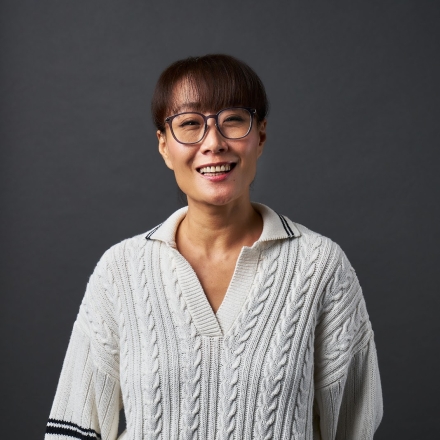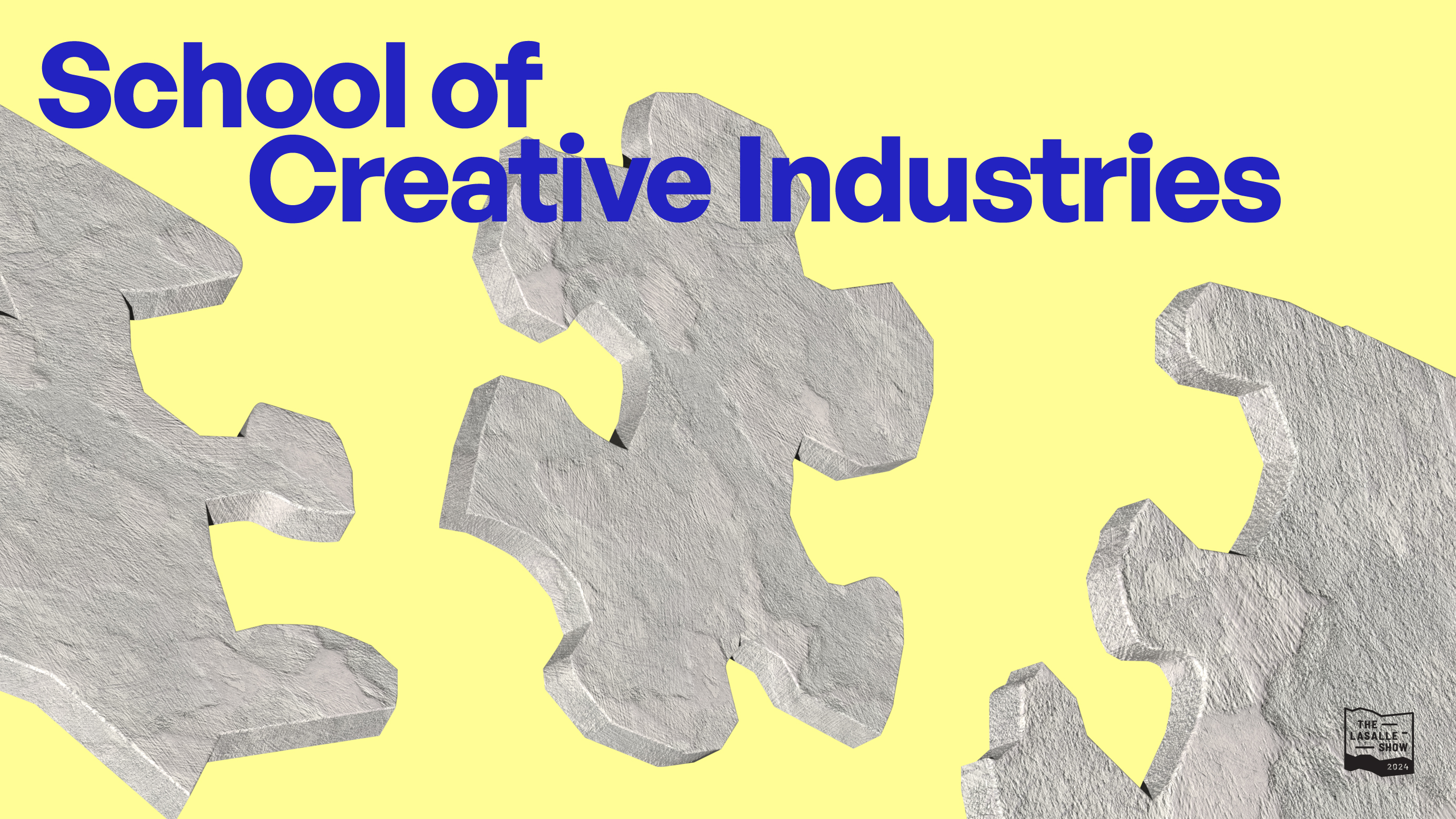Beyond borders: Navigating cultural identity and pedagogical challenges as a foreign dance instructor in Singapore’s CCA landscape
This study delves into the integration of the Feldenkrais Method into dance education within Singaporean secondary schools, utilising autoethnography to explore the experiences of a dance educator within a multicultural setting. It highlights the intricacies and potential benefits of incorporating somatic practices into educational contexts characterised by cultural and pedagogical diversity. Specifically, it examines how the Feldenkrais Method, renowned for its focus on heightened awareness through movement, can enhance the mind-body connection and elevate students' artistic expression and embodiment in dance.
The research advocates for investigating the integration of adaptive pedagogy, mindfulness practices, and student-centric approaches in dance education. This exploration aims to enhance student engagement and nurture holistic development. The study's findings suggest that these somatic approaches not only contribute to students' physical development but also play a significant role in enhancing their emotional and cognitive engagement, thus fostering a more comprehensive educational experience.
The study also discusses the implications of these findings for educational methodologies and policies, advocating for an approach that prioritises student-centered learning and nurtures creativity within the arts. It underscores the importance of such practices, particularly in multicultural settings, where ensuring educational equity and fostering inclusivity are of paramount consideration.





